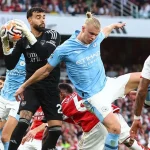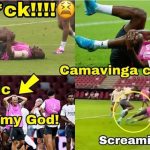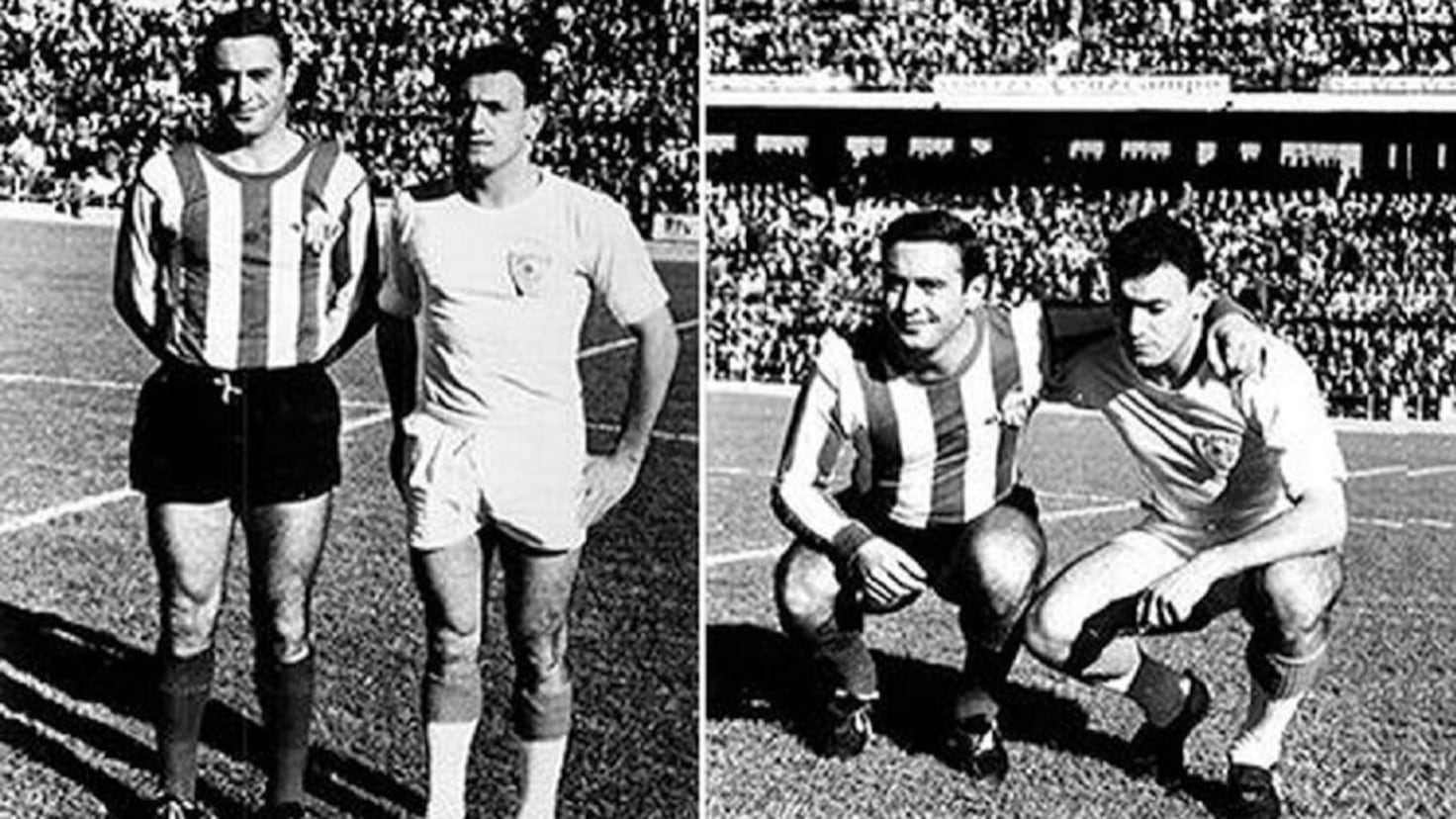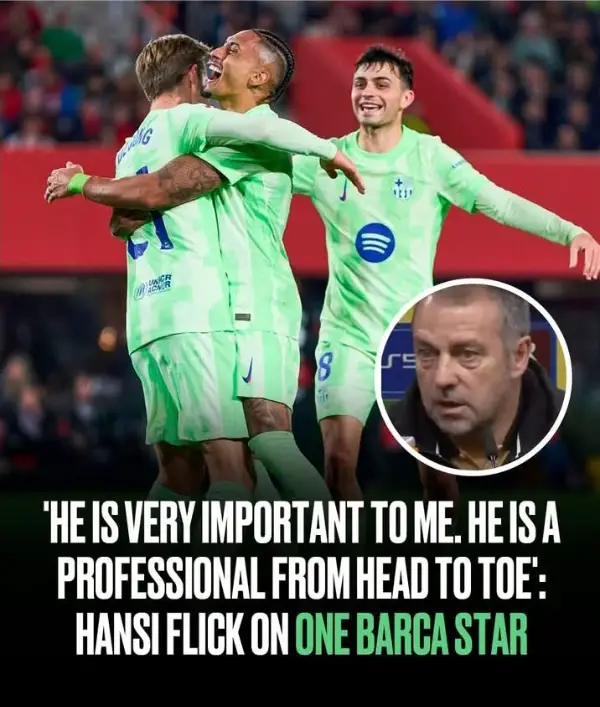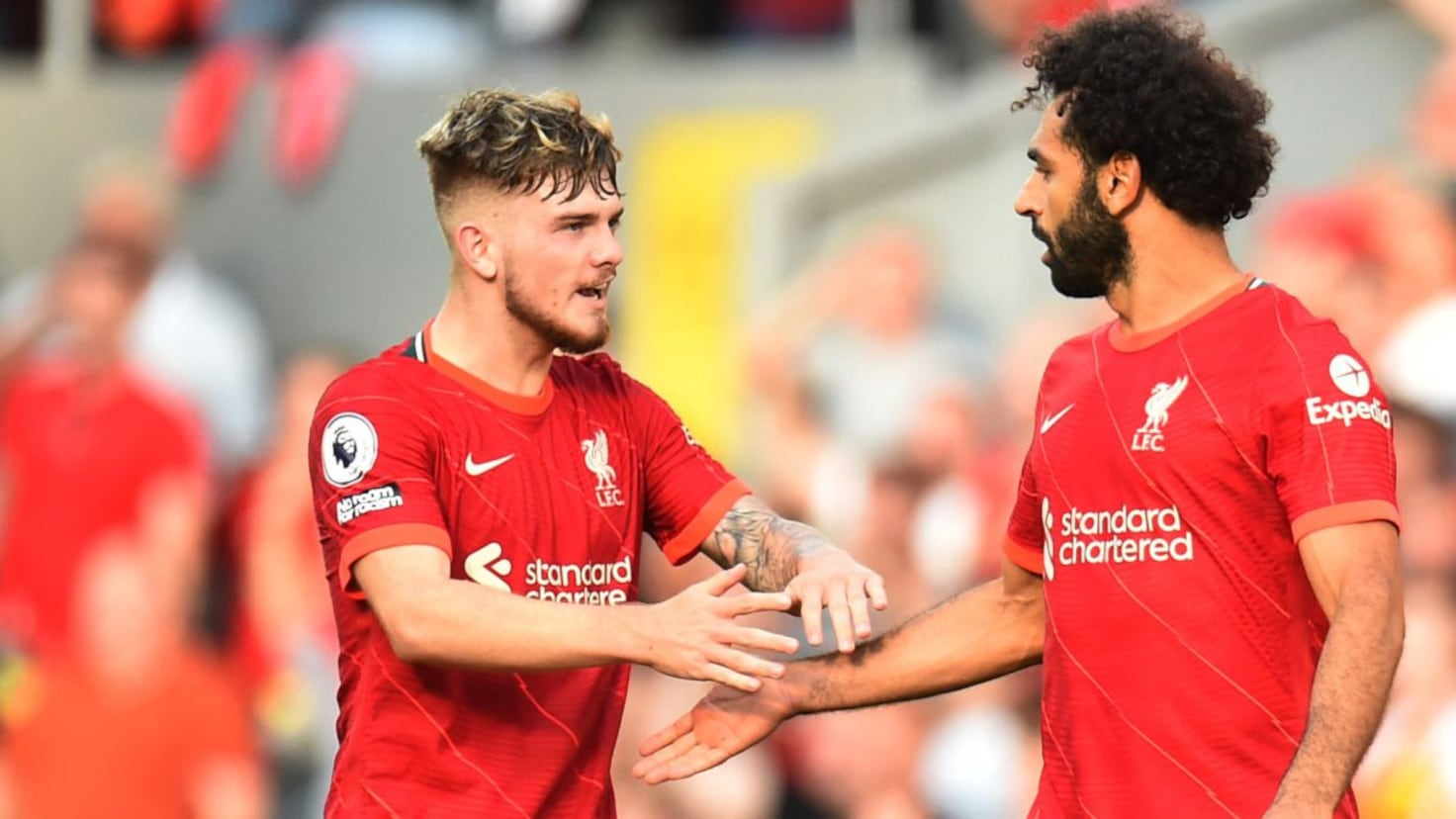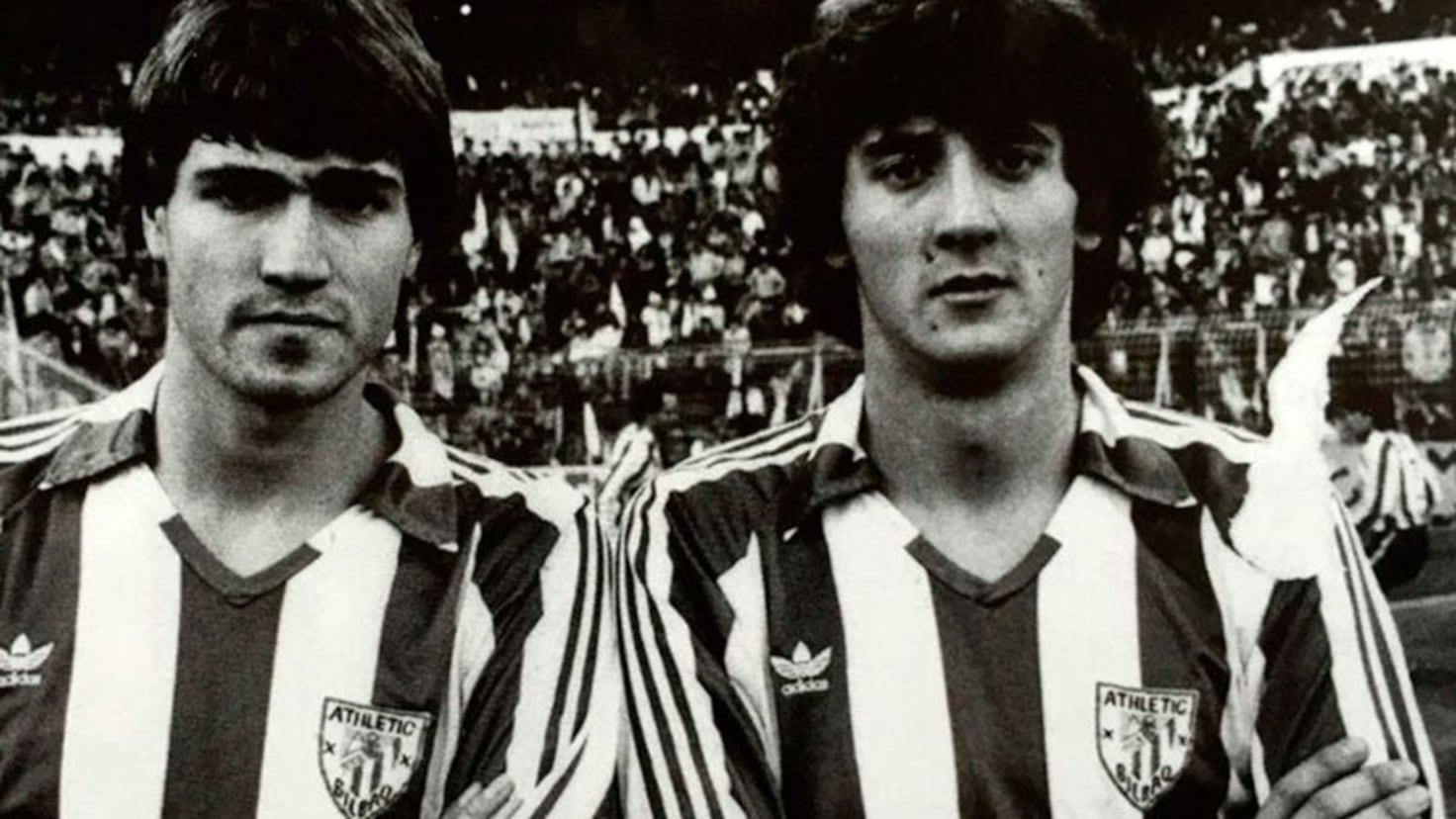Between the fifties and sixties, our football had four active brothers: Serafأn, Esteban, Josأ© Luis and Jesأ؛s Marأa Areta Vأ©lez. All four of them were from Pamplona, only Areta IV did not reach First Division; He played in the Second Division at Mestalla and Osasuna. Areta I played 8 years for Athletic until moving to Levante. Areta II transits through Osasuna, Oviedo, Barça, Valencia, Betis and Cأ،diz. Areta III played for Osasuna, Athletic and Sevilla. So many years in Primera gave rise to them facing each other. It happened to Serafأn and Esteban twice, from Athletic and Oviedo. Esteban and José Luis faced each other when he was in Valencia and this one in Osasuna, then another two with Esteban in Betis and José Luis in Osasuna, two more when he was still in Betis and this one went to Athletic and finally four much commented on in many other Sevillian derbies in just over a year.
After many years in lower categories, Betis had returned to the Primera in 57-58 (with 16 goals by Esteban Areta, Areta II) and had celebrated its re-entry by winning the first League match of the return at the Sánchez Pizjuأ، n, which was released that day. Areta II scored one of the goals in that historic 2-4. After 15 years in which Betis moved through the Second and even Third, Sevilla saw its primacy in the city disputed, which revived the embers of a distant rivalry and ahead of the 61-62 they signed the third Areta, José Luis, to reinforce his lead.
The first derby that faced them came on October 8, 1961, the sixth day of the League to which they arrived tied at 5 points. In the city, the presence of a brother on each side created expectation and morbidity, as reflected in a report published the previous Friday by the correspondent, Borbujo, in Marca. The two assured that they would not reserve any money if they crossed paths with their brother in the field, but what remained was what Esteban’s wife, the footballer, said: “On Tuesday we plan to buy the television with the bonus we gave him.” “They are going to give Esteban for beating Sevilla.” (Televisions were still scarce and expensive.) It was a hot derby to which the added curiosity was that Sevilla’s coach was Antonio Barrios, the one who had promoted Betis years before. The two goalkeepers, Mut and Pepأn, had to be replaced by their substitutes, Manolأn and Otero. Ruiz Sosa and Bosch finished at the top as decorative figures. (No change was allowed other than that of the goalkeepers, due to injury). The Areta came to shake their shirts.
By then the player was no longer a striker but a left back, a position in which he would become international. His coach, Daucik, liked to rediscover positions for his players. With one as a forward and the other as a defender, there was occasion for friction and neither of them held anything back. Betis won 1-2, scoring the three goals of the match, because Sevilla’s goal was scored by Bosch in his own goal. With this result they will be placed third and Sevilla tenth. And the thing about Esteban Areta’s television was a comment for years… In the second round, Sevilla’s Areta was absent due to injury, but there would soon be two other matches very close together, on April 5 and 8, 1962, in the round of 16 of the Cup. The first leg, at the Sأ،nchez Pizjuأ،n was the first derby played under artificial light and Sevilla won 5-3, with two Sevilla goals from Areta III. A great game. The Bosch player missed a penalty that would have a decisive weight in the tie, since in the second leg they could only win 1-0. That was a day very marked in Seville by the death of Juan Belmonte, who circulated quietly that he had committed suicide, something that would only later become an official truth. Sevilla would reach the final of that Cup, which they lost against Madrid. But since they had won the League, the Sevillistas entered the Cup Winners’ Cup.
The last one, on November 4, 1962, again in the League, was white glove. It was refereed by Gardeazأ،bal from Biscay, a giant of refereeing who had the match in his hand. Sevilla won 2-0 and there would be no more. In the second round Esteban, the Bأ©tico, was missing this time, and we were left without a fraternal duel. José Luis would continue three more seasons at Sevilla and Esteban two at Betis, but after they were in their thirties they lost their ownership and the crossing did not occur again. The derby lost a talk that encouraged it in four games played in thirteen months, with Esteban as captain of Betis all four times and José Luis author of two decisive goals in the Cup tie that crossed them.

